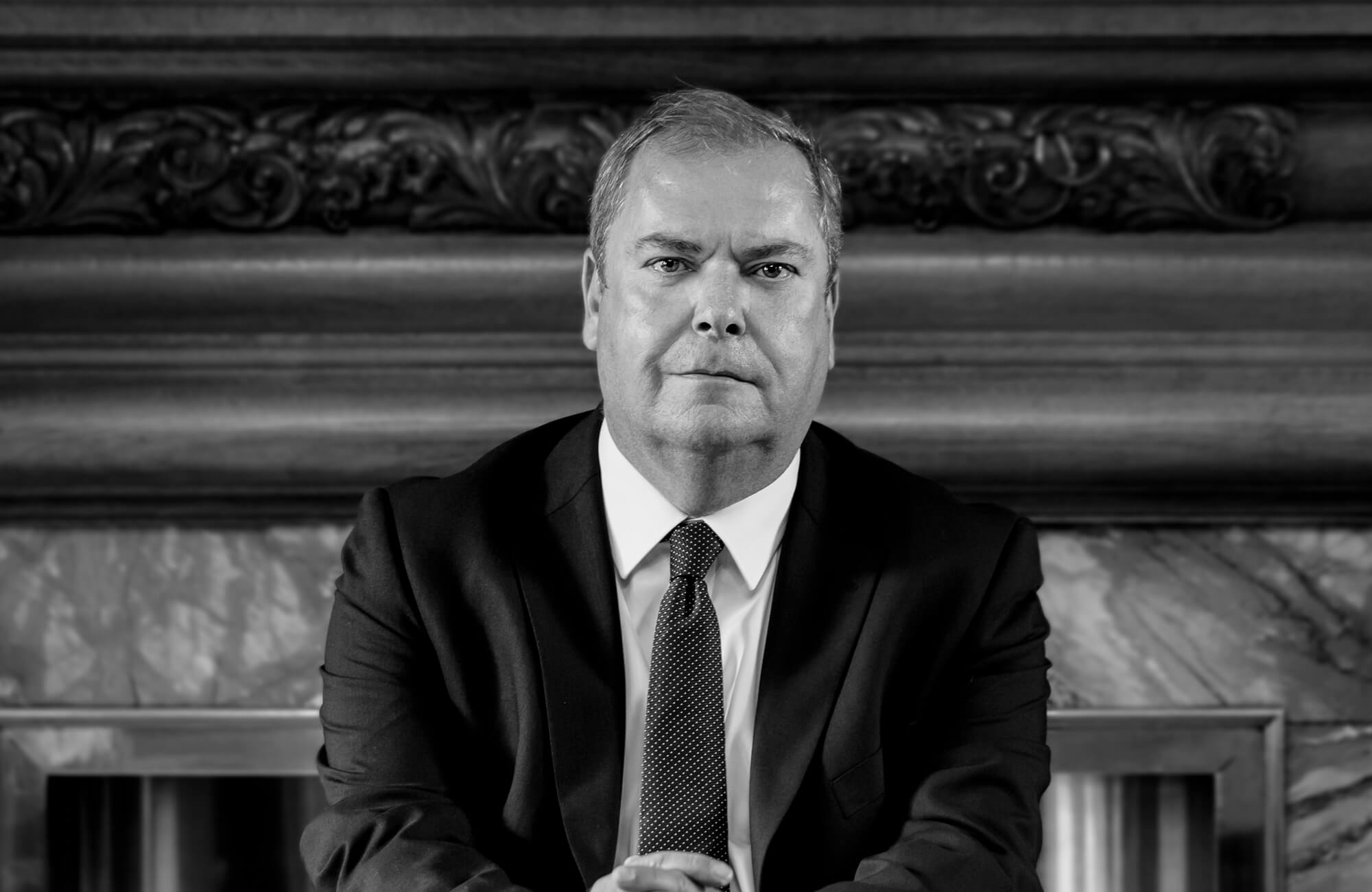The case of Ferster v Ferster [2016] EWCA Civ 717 is a reminder that the “without prejudice” label is not inviolable. The protection can be lost if threats are made which are “unambiguously improper” even if falling short of blackmail. The issue arose in the context of a mediation where improper and unwarranted threats were made that unless a higher offer was forthcoming a company would bring criminal and contempt proceedings against the other party. The rule is that one party may be allowed to give evidence of what the other said or wrote within without prejudice negotiations if the exclusion of the evidence would act as a cloak for perjury, blackmail or (Hoffman LJ’s expression) “unambiguous impropriety”. When without prejudice is abused, “the veil imposed by public policy may have to be pulled aside” per Lord Griffiths Rush and Tomkins [1989] AC 1280.
The case of Ferster v Ferster [2016] EWCA Civ 717 is a reminder that the “without prejudice” label is not inviolable. The protection can be lost if threats are made which are “unambiguously improper” even if falling short of blackmail. The issue arose in the context of a mediation where improper and unwarranted threats were made that unless a higher offer was forthcoming a company would bring criminal and contempt proceedings against the other party. The rule is that one party may be allowed to give evidence of what the other said or wrote within without prejudice negotiations if the exclusion of the evidence would act as a cloak for perjury, blackmail or (Hoffman LJ’s expression) “unambiguous impropriety”. When without prejudice is abused, “the veil imposed by public policy may have to be pulled aside” per Lord Griffiths Rush and Tomkins [1989] AC 1280.

